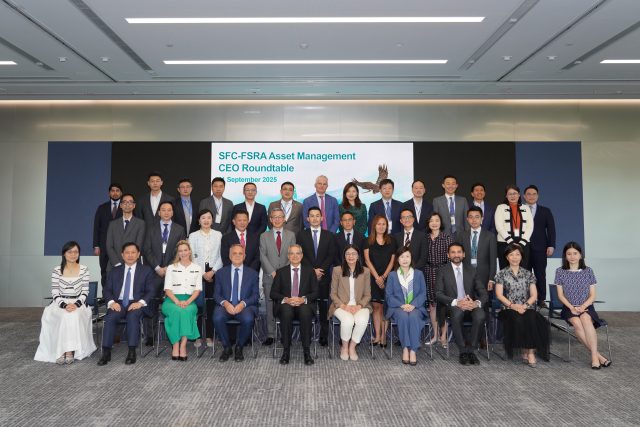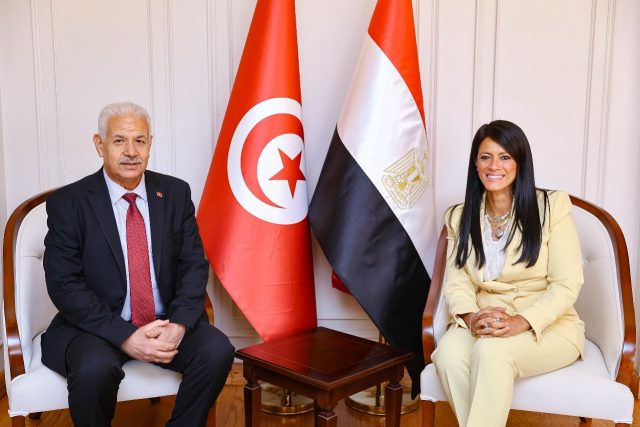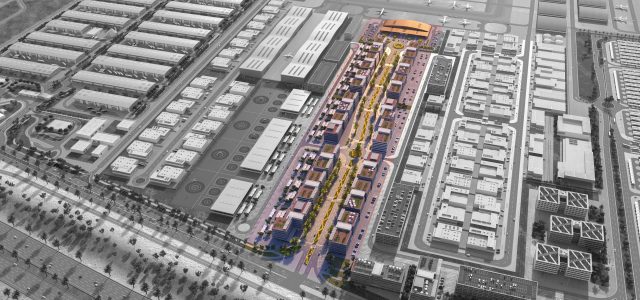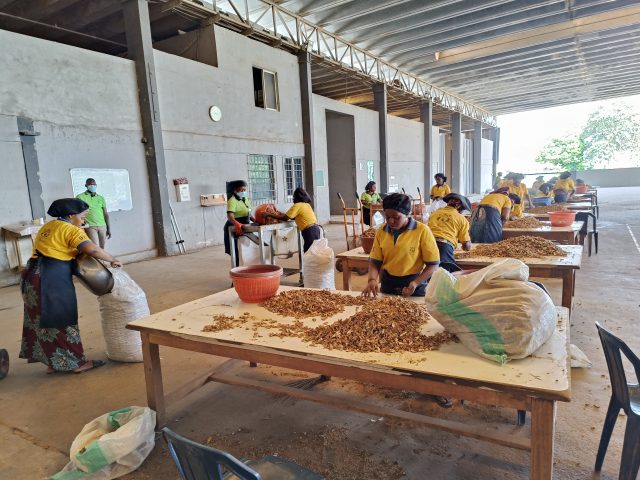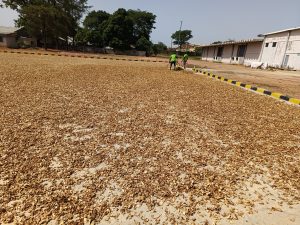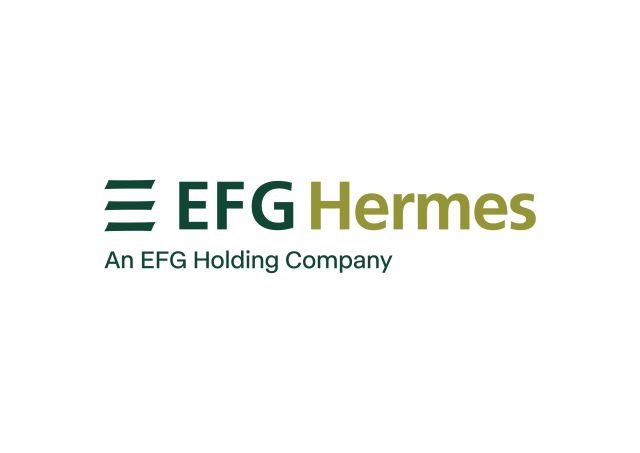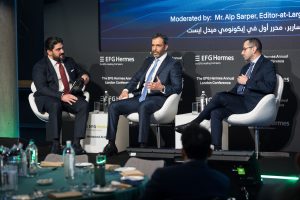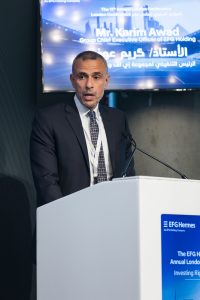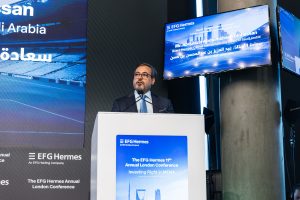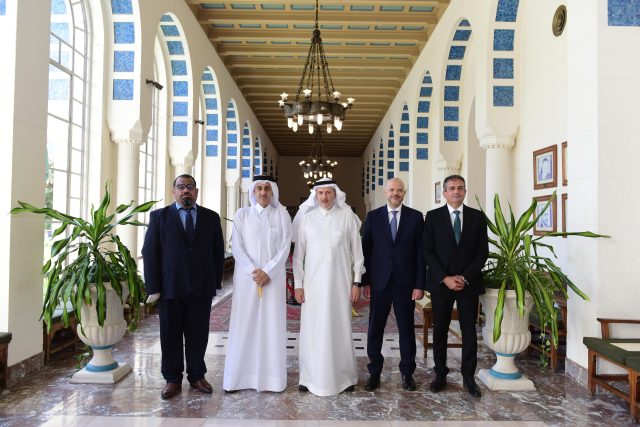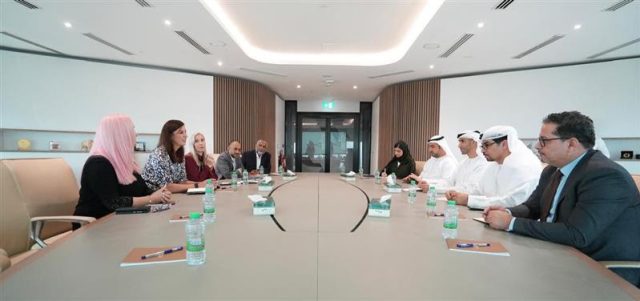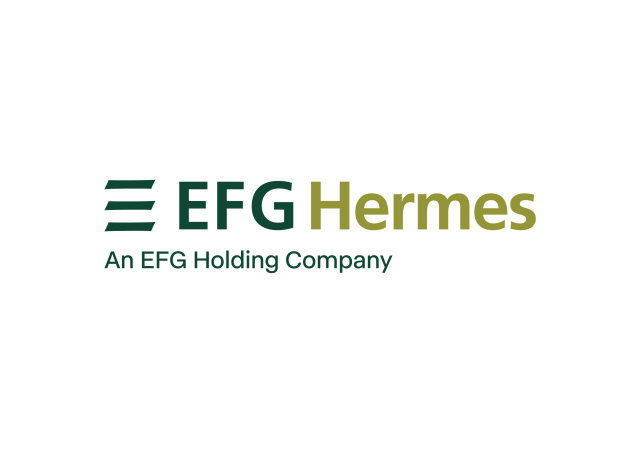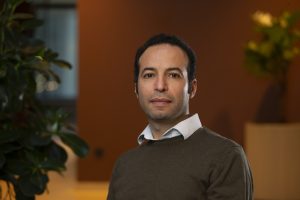Eng. Adeeb Yousuf Al-Aama, Chief Executive Officer of the International Islamic Trade Finance Corporation (ITFC), a member of the Islamic Development Bank (IsDB) Group, participated in the 116th Session of the Economic and Social Council of the League of Arab States (LAS), held at the Arab League headquarters in Cairo. The meeting was attended by H.E. Ahmed Aboul Gheit, Secretary-General of the League of Arab States, and H.E Mr. Samir Obeid, Minister of Trade and Export Development of the Republic of Tunisia and Chair of the Session, alongside ministers, ambassadors, and heads of specialized Arab organizations.
In his remarks, Eng. Adeeb Al-Aama expressed his gratitude to the Secretary-General of the League of Arab States for the kind invitation to participate in this Meeting. He also congratulated H.E Mr. Samir Obeid, Minister of Minister of Trade and Export Development of Tunisia, on assuming the Chairmanship of the Council, while extending his deep appreciation to the Arab League’s Economic Sector for its steadfast support to ITFC’s activities, particularly through the Aid for Trade Initiative for Arab States (AfTIAS) during its first and second phases.
He emphasized in his remarks that since its establishment in 2008, ITFC has extended more than US$89 billion in financing to Organization of Islamic Cooperation (OIC) member countries, including Arab states, with a focus on vital sectors such as energy, agriculture, and food security.
Highlighting ITFC’s developmental impact, Eng. Al-Aama referenced ITFC’s 2024 Annual Development Impact Report, which showed that ITFC’s financing contributed to supporting over 105,000 jobs within beneficiary institutions, training and capacity-building for more than 3,000 individuals, and financing for 312 small and medium-sized enterprises (SMEs). Beyond these direct interventions, ITFC’s support improved living standards by providing access to food for more than 30 million households and electricity to around 13.8 million households, underscoring ITFC’s role as a key partner in advancing inclusive and sustainable development.
On the Aid for Trade Initiative for Arab States (AfTIAS 2.0), Eng. Al-Aama noted that since its launch in October 2021, the program has approved 26 projects worth nearly US$7 million in grants. These technical assistance projects span areas such as agriculture, food security, transport, intra-Arab trade, ICT, SME development, handicrafts, and tourism. Projects have been implemented both regionally—through specialized Arab organizations—and nationally across several Arab countries, including Kingdom of Saudi Arabia, Arab Republic of Egypt, People’s Democratic Republic of Algeria, the Islamic Republic of Mauritania, the State of Palestine, the Hashemite Kingdom of Jordan, Republic of Djibouti, and the Union of Comoros.
Looking ahead, Eng. Al-Aama announced that AfTIAS 2.0 will organize the first Arab Trade Forum in Doha in the first quarter of 2026. The Forum will serve as a high-level platform for dialogue and cooperation between the public and private sectors across the Arab region, promoting knowledge-sharing, highlighting trade opportunities, and helping to address obstacles to the Arab Free Trade Area.
In conclusion to Eng. Adeeb’s address, H.E. Mr. Samir Obeid, Minister of Trade and Export Development of the Republic of Tunisia, commended the pivotal role played by the International Islamic Trade Finance Corporation (ITFC) in its continued support to Arab countries and its significant efforts in driving trade and development through the AfTIAS Program, which has become a leading platform for fostering economic integration and advancing sustainable development.
On the sidelines of the Council meeting, the Joint Committee between ITFC and the General Secretariat of the Arab League, co-chaired by Eng. Al-Aama and H.E. Ambassador Ali bin Ibrahim Al-Maliki, Assistant Secretary-General of the Arab League for Economic Affairs, convened to discuss ways to mobilize support for AfTIAS and promote it as a platform for advancing Arab external trade. The Committee also reviewed the implementation of AfTIAS 2.0 projects in line with Arab countries’ priorities. It is worth noting that the program has approved two projects for the benefit of the General Secretariat of the League of Arab States: “Supporting the Advancement of the Arab Economic Integration System” and “Enhancing the Competitiveness of Arab Countries to Improve Access to Global Markets,”.


